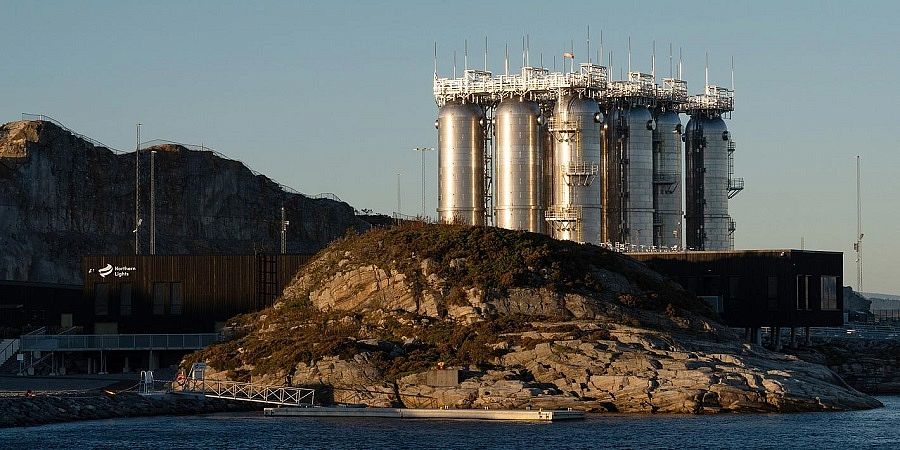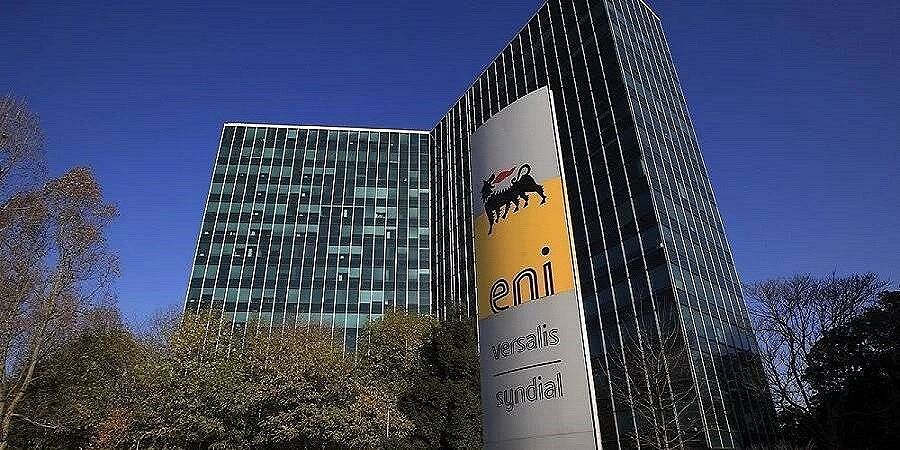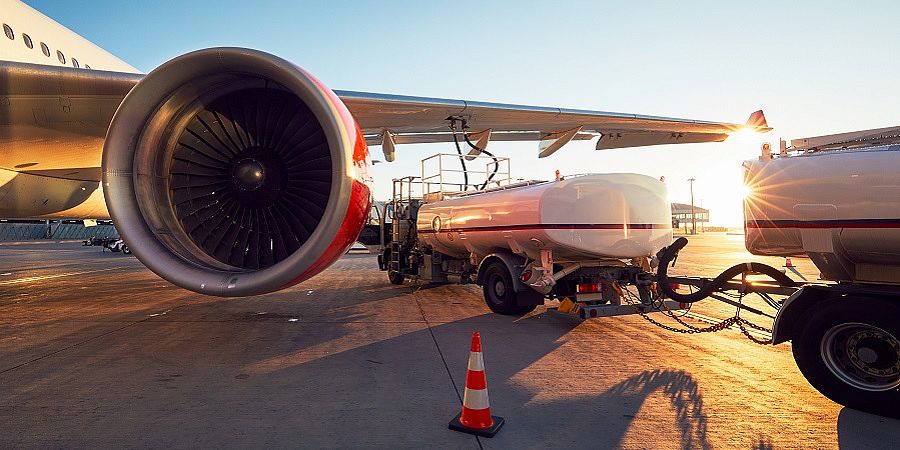All of the ferries operating on other routes between the ports, Stockholm – Helsinki and Stockholm – Tallinn, already connect to onshore power at the quayside.
Anna König Jerlmyr, Mayor of Stockholm, explains:
- The ferry services between our neighbouring countries function as a bridge across the Baltic Sea
- The onshore power connections at the Värtahamnen Port are part of an important joint environmental initiative with other Baltic Sea ports to achieve our environmental goals
This collaboration among the 3 Baltic Sea ports means that all of the ferries operating services between them will soon be connected to onshore power.
The reduction of GHG gases as a result of the ferries operating between the 3 ports connecting to onshore power is estimated to be more than 18,000 tonnes of CO2 annually.
Ville Haapasaari, CEO at Port of Helsinki, said:- One of the most important strategic goals for the Port of Helsinki is to be a role model for sustainable development
- Reduction of emissions requires concrete actions
- These investments in onshore power are proof of our determination to achieve our goals
- Slowing down the acceleration of climate change will depend on every company’s current activities
- As the important transport and logistics hubs by the Baltic Sea, the biggest ports have a clear responsibility to ensure that the air is cleaner at the ports as well as in the urban surroundings
Each year approximately 4,500,000 tonnes of freight, or 380,000 haulage vehicles/trailers and 12 million passengers travel by ferry between the 3 capital cities.
Author: Ajsa Habibic








